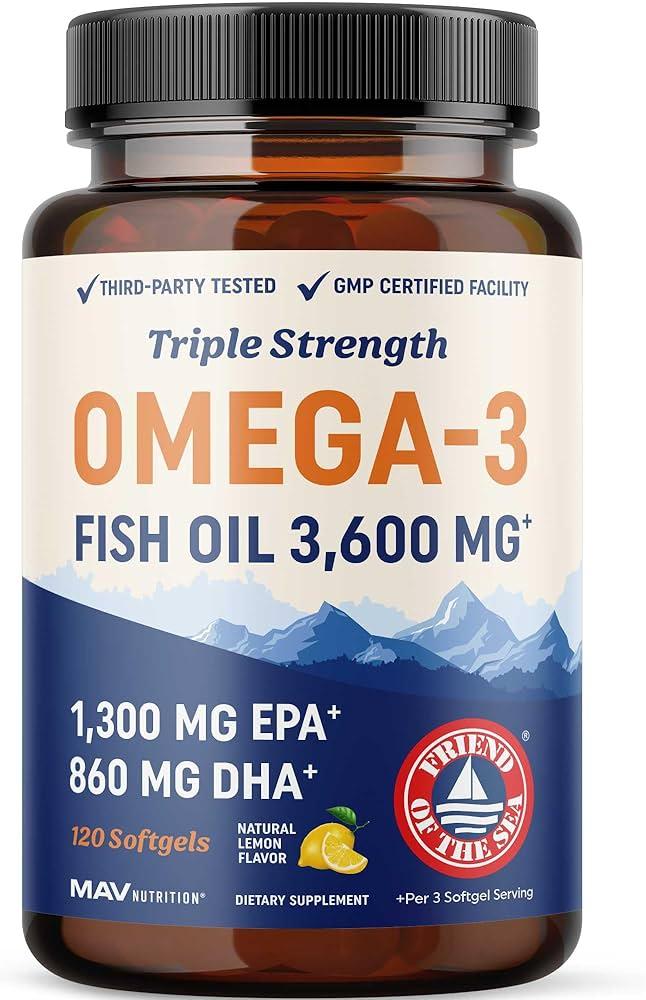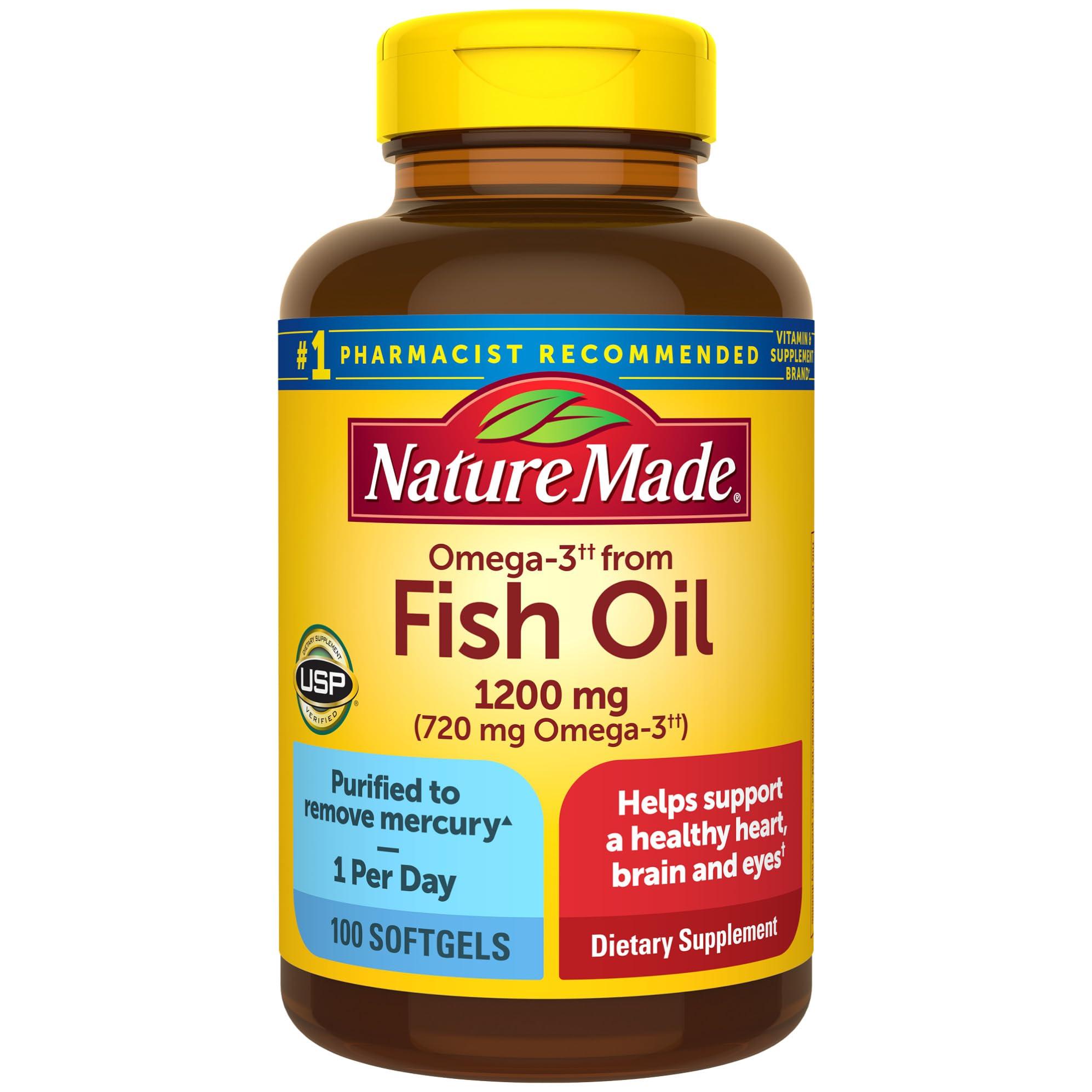In a world where health and wellness are increasingly prioritized, the quest for optimal reproductive health has become a significant focus for many. Among the myriad factors influencing fertility, nutritional choices stand out as a cornerstone of overall well-being. Enter omega-3 fatty acids—frequently enough heralded for their heart-healthy benefits and essential role in cognitive function. Yet,their contribution to reproductive health is an area that has begun to garner attention. This article delves into the intriguing connection between omega-3 supplements and fertility, exploring how these powerful nutrients may support reproductive health and potentially enhance the chances of conception.From understanding their biological roles to examining the latest research, we will unravel the compelling case for incorporating omega-3s into your fertility-boosting regimen. Join us as we navigate this enriching landscape and discover the potential of omega-3s in the journey towards parenthood.
Understanding the Role of Omega-3 Fatty Acids in Reproductive Health
Omega-3 fatty acids, primarily found in fish oil and certain plant sources, play a pivotal role in enhancing reproductive health. These essential fats are crucial for maintaining proper hormonal balance, which is vital for both male and female fertility. Research indicates that omega-3s can influence various aspects of reproductive function, including:
- Hormonal Regulation: Omega-3s can help regulate hormones such as progesterone and estrogen, which are essential for ovulation and maintaining pregnancy.
- Semen Quality: In men, adequate omega-3 intake has been associated with improved sperm motility and overall semen quality.
- inflammation Reduction: Their anti-inflammatory properties may aid in addressing reproductive health issues linked to inflammation, potentially improving fertility outcomes.
Moreover, omega-3 fatty acids are also linked to improved pregnancy outcomes. They have been shown to support fetal development and may help prevent complications during pregnancy. A balanced intake of these nutrients contributes to a healthier reproductive system by:
- Enhancing Oocyte quality: Omega-3s may positively impact egg quality, which is crucial for conception.
- boosting circulation: Improved blood flow and circulation can optimize nutrient delivery to reproductive organs.
- Supporting Mental Health: By promoting overall well-being, omega-3s can reduce stress and anxiety, creating a more favorable environment for conception.
| Source of Omega-3 | Benefits |
|---|---|
| Fatty Fish (e.g.,salmon,mackerel) | Rich in EPA and DHA,supports hormone production. |
| Flaxseed | High in ALA, beneficial for women’s reproductive health. |
| Walnuts | Boost sperm quality and provide healthy fats. |

Exploring the Benefits of Omega-3 Supplements for Female Fertility
Omega-3 fatty acids are renowned for their numerous health benefits, and emerging research suggests they may play a vital role in enhancing female fertility. These essential fats, found primarily in fatty fish, flaxseeds, and walnuts, are believed to improve reproductive health by modulating hormonal balance and promoting ovarian function. Regular intake of omega-3 supplements can potentially lead to:
- improved egg quality
- Enhanced ovulation
- Reduced inflammation in reproductive organs
By addressing inflammatory responses and supporting hormonal regulation, omega-3 fatty acids can create a more conducive environment for conception.
Additionally, omega-3s are linked to overall reproductive health beyond fertility. They may help mitigate conditions like polycystic ovary syndrome (PCOS), which often obstructs ovulation and can lead to infertility. According to studies, women with higher omega-3 levels may experience a more regular menstrual cycle, making it easier to conceive. Other notable benefits include:
- Enhanced blood flow to reproductive organs
- Improved mental well-being, reducing stress during conception
with a balanced diet enriched with omega-3s, women can not only support their fertility but also prepare their bodies for a healthy pregnancy.

Enhancing Male Reproductive Function with Omega-3s
Incorporating omega-3 fatty acids into a man’s diet can significantly contribute to enhancing reproductive health. Research has indicated that these essential fats play a key role in improving sperm motility, morphology, and overall quality. Omega-3s are known to support a healthy inflammatory response, which is crucial for maintaining optimal hormonal balance and function in the male reproductive system. Regular intake may foster better circulation, ensuring that vital nutrients are delivered efficiently to reproductive organs, which can be beneficial for fertility.
Consider adding foods rich in omega-3s to your daily regimen, such as:
- Fatty fish: Salmon, mackerel, sardines
- Seeds: Chia seeds, flaxseeds, hemp seeds
- Nuts: Walnuts
- Plant oils: Flaxseed oil, walnut oil
For those who find it challenging to meet their omega-3 needs through diet alone, supplementation can be a viable option. When selecting an omega-3 supplement,look for products that provide a high concentration of EPA and DHA. Below is a simple comparison table to help you choose the right supplement based on your needs:
| Supplement Type | EPA Content (mg) | DHA Content (mg) | Source |
|---|---|---|---|
| Fish Oil | 400 | 300 | Fish |
| Krill Oil | 300 | 200 | Krill |
| Algal Oil | 250 | 150 | Algae |

Practical Tips for Incorporating Omega-3 into Your Fertility Journey
Incorporating omega-3 fatty acids into your fertility journey is not only beneficial but can be quite enjoyable. Start by exploring your diet to include more omega-3-rich foods. Consider adding the following options to your meals:
- Fatty Fish: Salmon, mackerel, and sardines are great sources.
- Chia Seeds: sprinkle them on yogurt or in smoothies.
- Walnuts: A perfect snack or salad topping.
- Flaxseeds: Ground flaxseeds can be incorporated into baked goods.
- seaweed: Explore adding nori or spirulina to your dishes.
If you find it challenging to meet your omega-3 needs through food alone, consider adding supplements to your daily routine. When choosing an omega-3 supplement,look for one that meets the following criteria:
| Feature | What to Look For |
|---|---|
| Quality | Third-party testing for purity |
| DHA & EPA Content | Balance of both for optimal benefits |
| Source | Fish oil vs. algal oil for vegetarian options |
| Form | Capsules, soft gels, or liquid |
key Takeaways
the journey toward enhanced fertility is often multifaceted, and incorporating omega-3 supplements may offer a promising avenue to support reproductive health. As we’ve explored, these essential fatty acids play a vital role in hormonal balance, inflammation reduction, and overall wellness, creating a nurturing environment for conception. However, while Omega-3s can be a beneficial addition, it’s essential to approach fertility with a holistic mindset, considering all lifestyle factors, including diet, exercise, and emotional well-being.
For those contemplating the path to parenthood, consulting with a healthcare professional is key to tailoring a strategy that aligns with individual needs. As we continue to unravel the intricacies of reproductive health,Omega-3 supplements stand out as a valuable ally in the pursuit of creating new life. Embrace this knowledge, explore your options, and step forward on your journey with hope and informed confidence.
